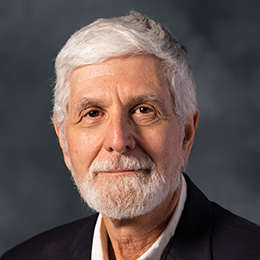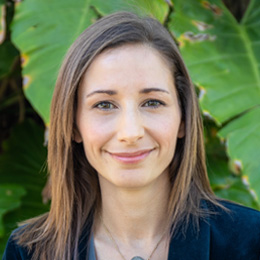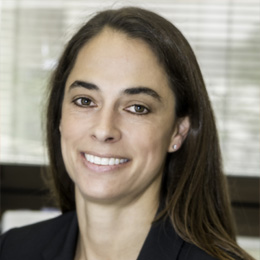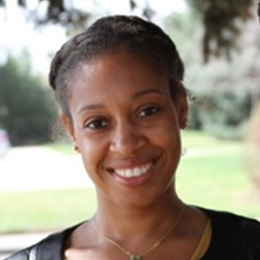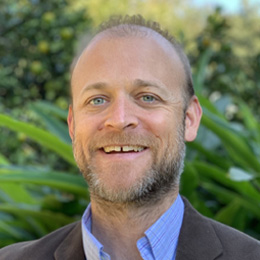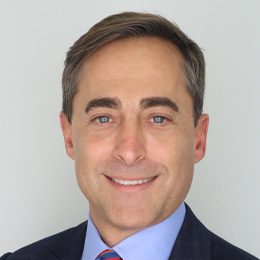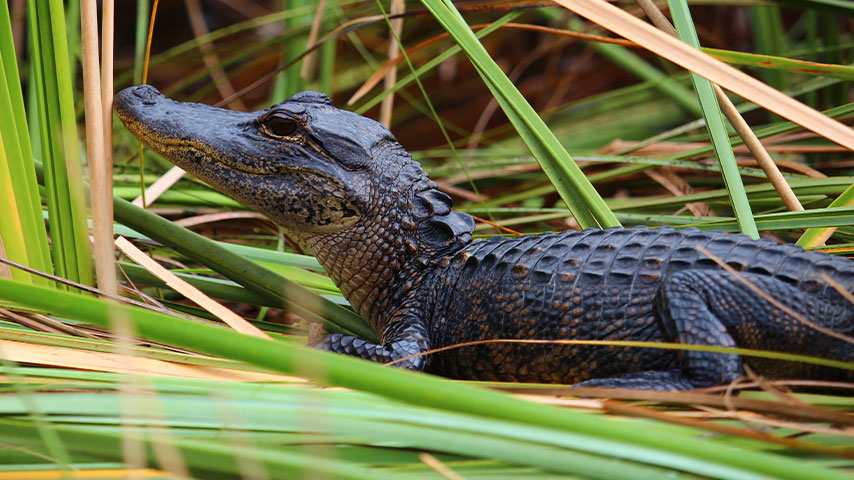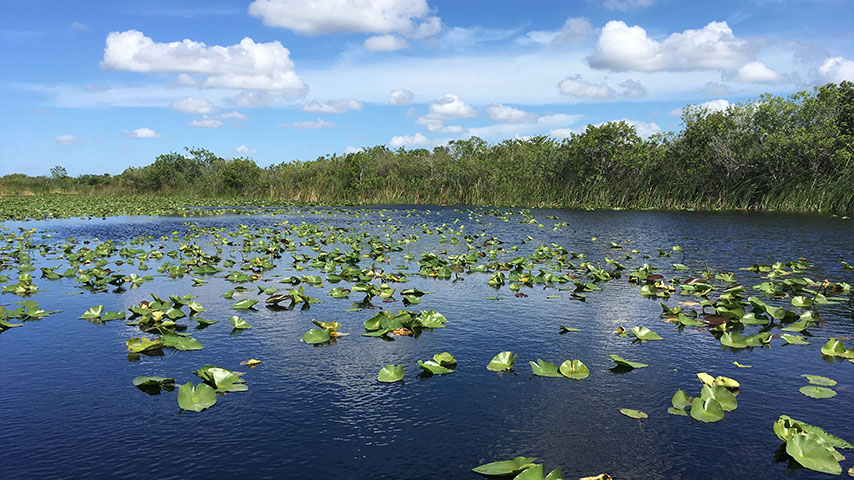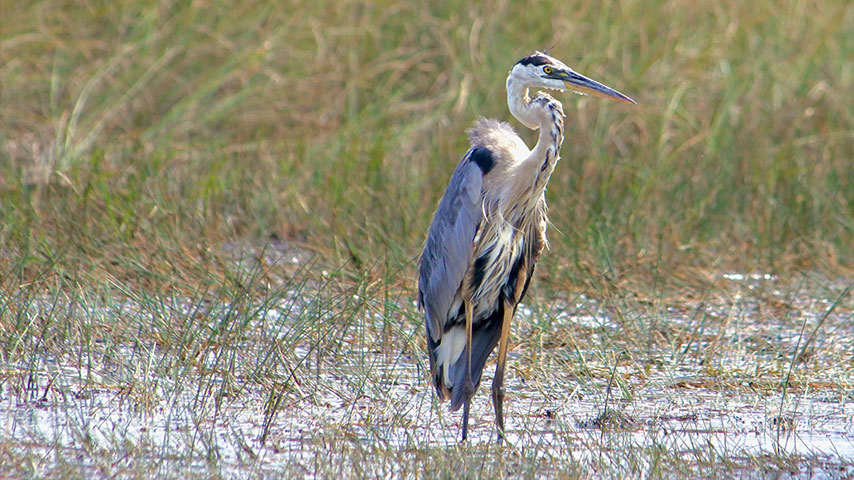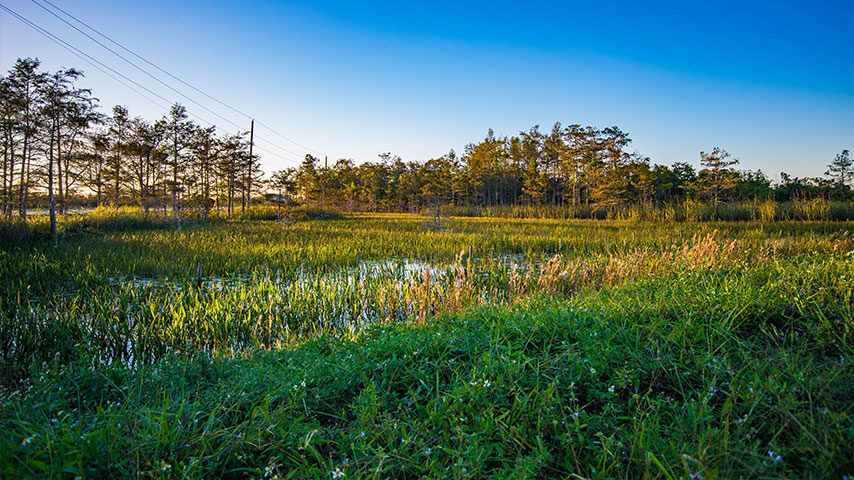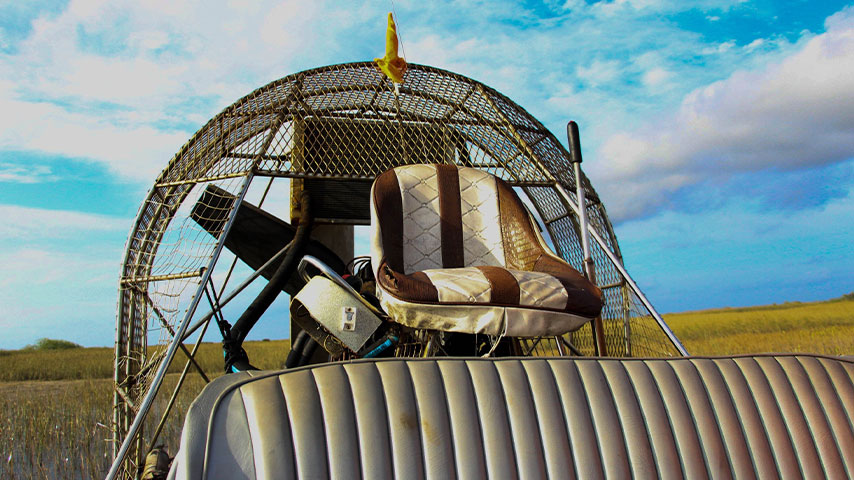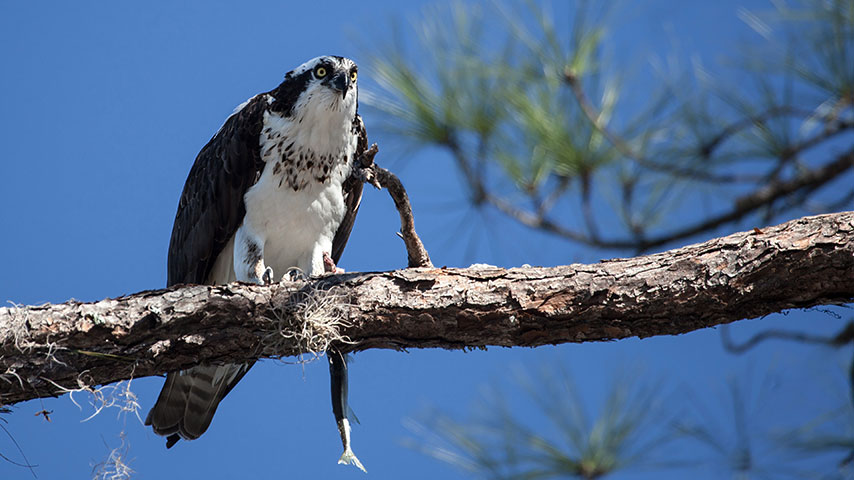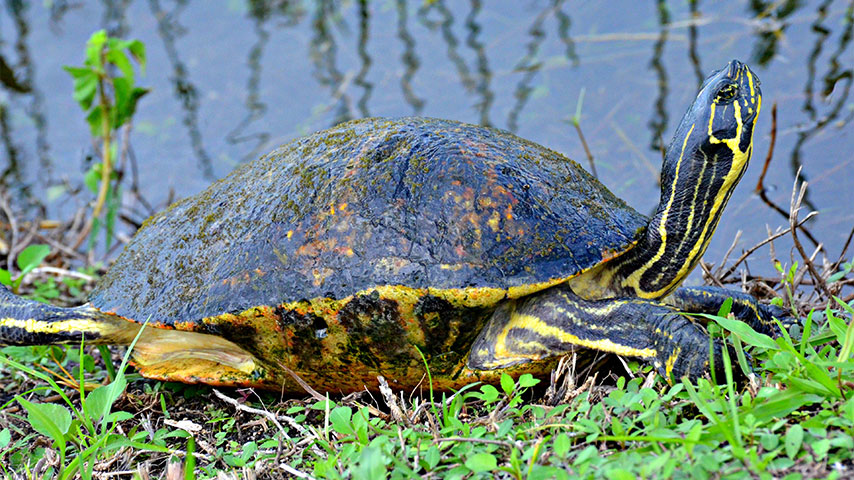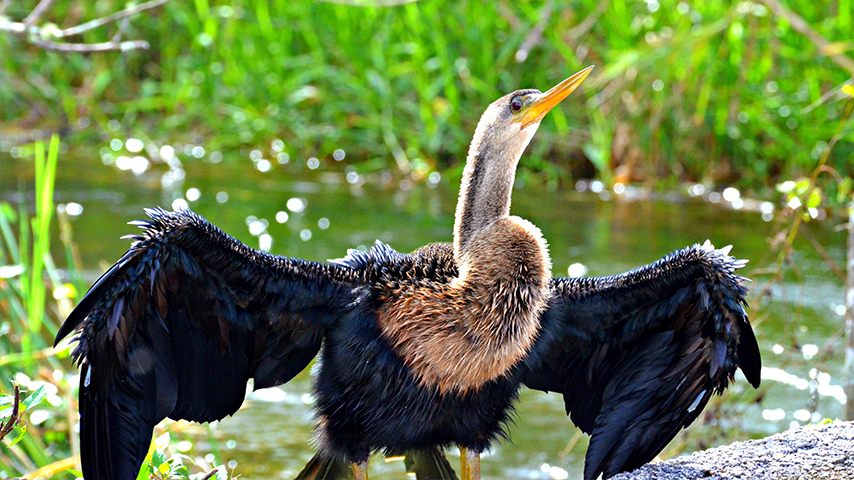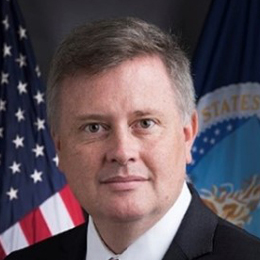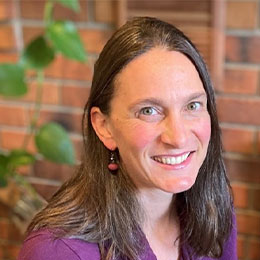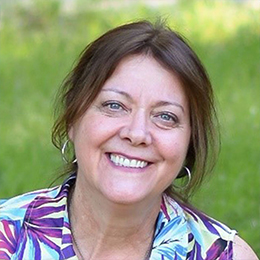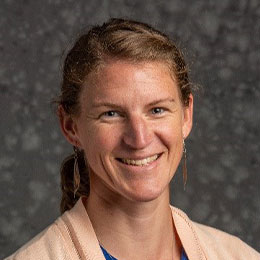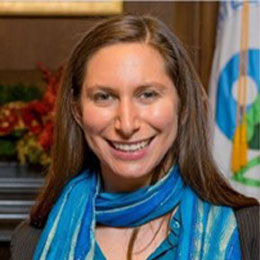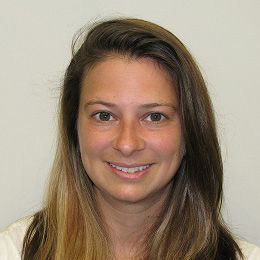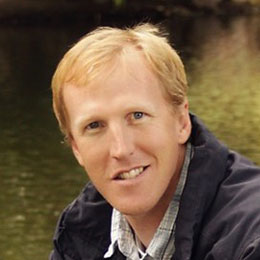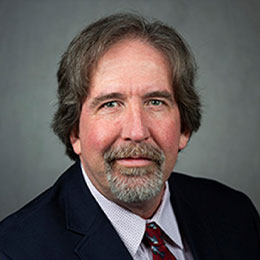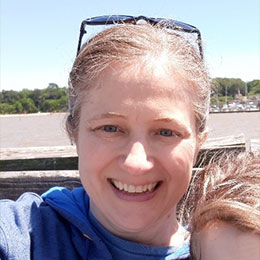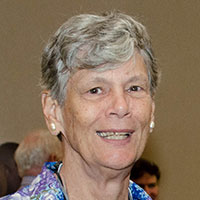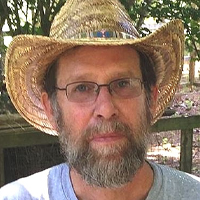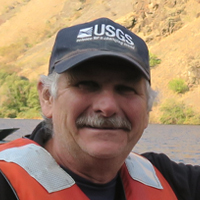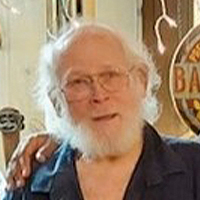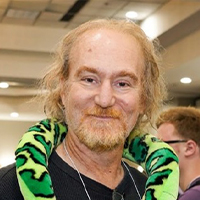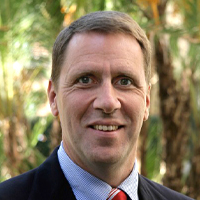Everglades scientists, along with the entire south Florida restoration community, were very saddened to learn about the passing of John Marshall on March 28, 2016. John was passionate, knowledgeable and proud, and he was a long-time supporter of good science. He attended every single GEER conference, and we can be sure he would have been at GEER 2017. In addition to his own attendance, John always brought along a contingent of student interns, and encouraged their participation in the conference. An impressive cadre of bright, energetic individuals now beginning their promising careers owe their Everglades introduction to John and will always treasure his mentorship.
The long-time patriot, gator fan, and environmentalist was known and respected throughout the country as a trusted colleague, true friend, humanitarian, devoted husband, step-father, uncle and a nemesis to those who did not support his commitment to preserving the environment!
John Marshall founded the Florida Environmental Institute and the Arthur R. Marshall Foundation in 1998. The foundation was created to continue the work of his uncle, Arthur R. Marshall, renowned environmentalist and namesake of the Arthur R. Marshall Loxahatchee National Wildlife Refuge. This refuge is only one of twelve refuges in the United States named after a person. John and wife Nancy, as co-founders of the organization, devoted themselves to fulfilling Arthur Marshall's dream and were actively involved on a daily basis for 17 years as chairman and president respectively.
After his uncle passed, John Marshall knew that he would dedicate his life to the preservation and restoration of the Florida Everglades and its ecosystem. He was responsible for planting thousands of trees at the refuge and other bio-sensitive areas, and delivering science-based education and public outreach programs to educate children throughout Palm Beach County to become stewards of the environment.
His commitment to the environment included chairing the Environmental Action Committee for the South Florida Water Management District; he was a member of the Everglades Coalition, a spokesman for the Florida Environmental Institute, and a vice president of the Friends of the Refuge.
John was named 2001 "Conservationist of the Year" by the Audubon of the Everglades and the Florida Wildlife Federation. He was also the recipient of the 2003 "Conservationist of the Year Award" from the Flagler chapter of Daughters of American Revolution and in 2004, received the Environmental Education Award from the Florida Association of Environmental Professionals. Most recently, Marshall received a Commendation from the Everglades Foundation for his "Leadership and Service in Protecting America's Everglades."
A career military officer, John Marshall saw active duty in the United States Marine Corps from 1963-1971, serving his country in Viet Nam where he received 19 air medals for 275 air combat missions. John was recognized on numerous occasions, including a Meritorious Unit Commendation while commanding the Headquarter & Maintenance Squadron-31, and an Acquisition Reform Proposal to the Department of Defense was endorsed by the Secretary of the Navy. He served as a U.S. Marine Corp Reserve Officer from 1971-1993 and received a Meritorious Assignment to the Office of the Secretary of Defense, Test & Evaluation in 1992 and 1993. During this time, John also received the Secretary of the Navy Marathon Man award for completing the first 17 USMC marathons. He retired as Colonel in 1993 having accomplished many significant achievements. He later served as a U.S. civil servant systems engineer until his retirement in 1997. Semper fidelis!
Blue and orange were John's colors, from his sneakers to his car. He was a passionate gator fan and graduated the University of Florida with a B.S. in Geology in 1963. He graduated Naval Flight School in Pensacola, FL in 1966 and Radar Intercept Officer School in Brunswick, GA in 1967. He continued his studies at the Navy Top Gun Fighter Weapons School in Miramar, CA, in 1970 and was a NASA Fellow in Biological Applications in Remote Sensing from 1970-1972. He received a M.S. in Systems Engineering from the University of West Florida in 1972.
John Marshall's community involvement included serving on the board of trustees of the Commandery of The Palm Beaches and the Sovereign Order of St. John of Jerusalem, Knights Hospitaller.
John, you will be missed sorely – by us and by the Everglades.
